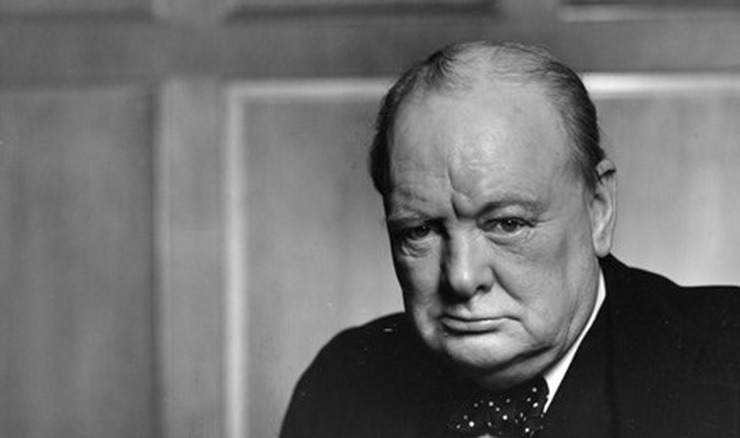|
Longstanding readers of Musings may recall that I embarked on a journey in 2012, to try to understand whether boards of directors are able to influence the performance of the company they govern and, if so, how. The journey has been long and arduous, with many challenges and setbacks along the way to be overcome. That journey, my quest to answer a most difficult question, has reached an important milestone, the awarding of a doctorate degree. I'm thrilled that the examination panel has seen fit to recognise the groundbreaking research, a longitudinal study of the boards of two large high-growth companies. The panel's decision confirms the validation provided by the academic community late last year. Here is the doctoral citation: Boards of directors have been the subject of considerable research attention in recent decades. While a large body of knowledge has been published, substantive evidence to explain how boards actually exert influence over firm performance from the boardroom has remained elusive. Crow conducted a longitudinal multiple-case study of two large New Zealand-based high-growth companies. Data was collected from direct observations of boards in session, and multiple secondary and tertiary sources, creating a rich and rare data source. The analysis revealed numerous insights, leading to a mechanism-based model of the governance–performance relationship and an explanation of how boards can exert influence beyond the boardroom including on firm performance. Copies of the abstract and full thesis are now available. If you want to ask a question, discuss some aspect the research or understand the implications for board effectiveness, please get in touch.
Churchill's honesty and candor—expressed throughout his sometimes tumultuous career—speaks volumes. Whether speaking about the difficulty of defending Britain (1940); the descending of an iron curtain across Europe (1946); or, holding out false hopes (1950), Churchill's assessments were characteristically both candid and complete. His candour marked him out as a courageous leader—not always right or universally popular, but strong and courageous nevertheless. In contrast, many boards of directors have a history of being far less complete in their communications; to the point of being economical with the truth and dismissive of the seriousness of situations. Directors—a proxy for (often) absent shareholders—are appointed to govern the affairs of the company, a fiduciary responsibility. Yet a significant number flout this trust, behaving without reference to others (notably but not only shareholders); a sad reflection of the human condition. When boards and directors operate in a 'fast and loose' manner, and selfishly so, the casualty is often company performance (not to mention the consequential impact on company value). Sadly, shareholders typically only find out late in the piece (sometimes too late): BHS, Wells Fargo and Wynyard Group are recent examples. Why do shareholders continue to support boards and directors who behave in this manner? Surely the learning from Churchill (and many others including the famous Johnson and Johnson Tylenol case) is that disclosure and the provision of an accurate account is the preferred way of operating, even though the short-term pain may be great. Indeed, history is a great teacher—but only if we take heed of the lessons.
|
SearchMusingsThoughts on corporate governance, strategy and boardcraft; our place in the world; and other topics that catch my attention. Categories
All
Archives
May 2024
|
|
Dr. Peter Crow, CMInstD
|
© Copyright 2001-2024 | Terms of use & privacy
|



